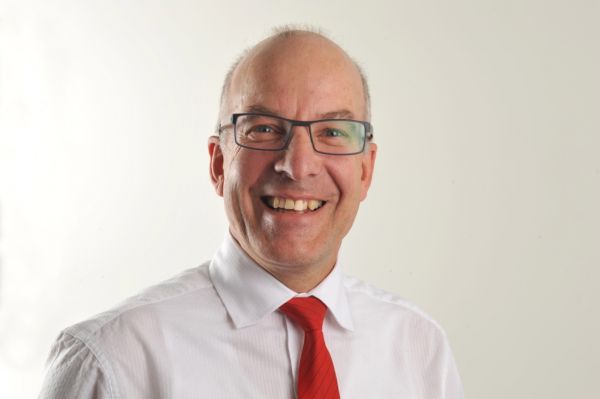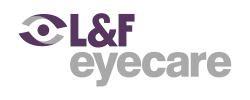Melbourne University interview with Dr John Farmer OAM

John Farmer has spent his long and distinguished optometry career helping those at risk of missing out on quality care.
Since graduating with a Bachelor of Optometry (1977), and then a Master of Optometry (2007), John, who works for L & F Eyecare in Gippsland, has worked in regional Australia and Papua New Guinea. He has also helped to develop new optometry instruments.
Why the University of Melbourne?
I wanted a career in health care that would allow me to help people. I considered a number of options and was glad to be accepted into the optometry course at the University of Melbourne.
What are your strongest memories of university?
I enjoyed the friendship of the small cohort studying optometry. Being able to put our learning into practice, seeing patients during the course was valuable. I also appreciated the opportunity to be involved in some vision research projects in the Optometry Department … over the summer break.
I also returned to the university part-time to complete a Masters in Optometry by research degree based on years of training nurses and the analysis of eye conditions encountered in Papua New Guinea.
Who motivated you at university?
The lecturers were encouraging and clearly enjoyed teaching. They helped us to learn and develop our knowledge and skills The visiting optometrists we had supervising in final year were inspiring about optometry as a career.
What goals did you set, and have you stuck to that plan?
I wanted to get a ‘good’ job that focused on providing the best eye care for patients. That lead me to a rural location which at the time seemed a long away from Melbourne. However, the rural location meant we were providing a great range of optometric eye care, and this has continued as the scope of optometry has grown and developed.
My other passion was to help those in developing countries, and I have been blessed to be involved in eye care delivery, training of local health care workers and in eye care development at a national level in Papua New Guinea.
My life in optometry has grown and developed over the years as we have embraced therapeutic optometry. I have had a very full and fulfilling career.
Tell us more about your role and how university helped you prepare for it.
I work as a therapeutic optometrist to the full scope of my skill in a rural practice. I co-manage patients with ophthalmologists when appropriate. I have also been involved in teaching, initially as a visiting clinical supervisor for final year students at [the] University of Melbourne, and then setting up eye care training programs for nurses in PNG.
My university training helping provide a good foundation in eye care and how to keep learning. I was able to model my teaching on the best of what I learnt from my lecturers and supervisors.
What does a normal day at work look like for you?
A full day of patients, most of whom have an eye health issues like diabetes, glaucoma, an eye infection, or something in their eye. Some need their routine eye health review and some an update to their glasses. There are occasional emails, phone calls and zoom meetings to do with eye care in PNG as well.
What is your driving force for doing your best at work?
I want to help people see their best and be their best. We strive to treat all our patients as if they were a member of our family – our brother, sister, mother, or father. People in developing countries like PNG should have access to eye care and there is much work to be done to make that a reality.
What are some career highlights and what’s next?
Working in rural practice where there were no specialists meant we were the only local eye care providers for many years. This resulted in both challenging but very satisfying work. Now we have local specialists visiting, we work with them to provide the very best eye care possible.
Working in PNG has been the greatest highlight. Providing eye care, teaching, and developing eye care in PNG over 40 years has been challenging, but extremely rewarding. I am heading toward retirement but will always have a passion for providing and developing good eye care.
What achievement are you most proud of?
Being able to help develop eye care and be involved training nurses and ophthalmologists in Papua New Guinea.
What advice do you have for current students?
Learn as much as you can from your lecturers and your time at university. It will stand you in good stead when you begin work in the ‘real world’.
How important is work life balance and how do you ensure you achieve it?
We are not defined by the work we do but by who we are as a person, so a good work life balance is very important. I work hard to try not take work home at the end of each day, so I can be available for my family and enjoy life away from work.
This article originally appeared on the Faculty of Medicine Dentistry and Health Sciences website and has been republished with permission.
